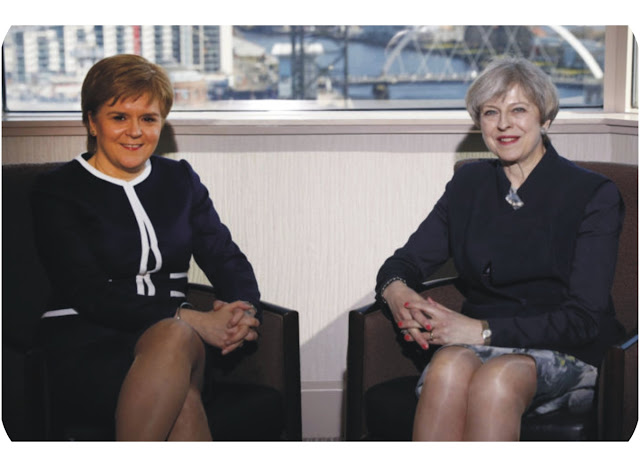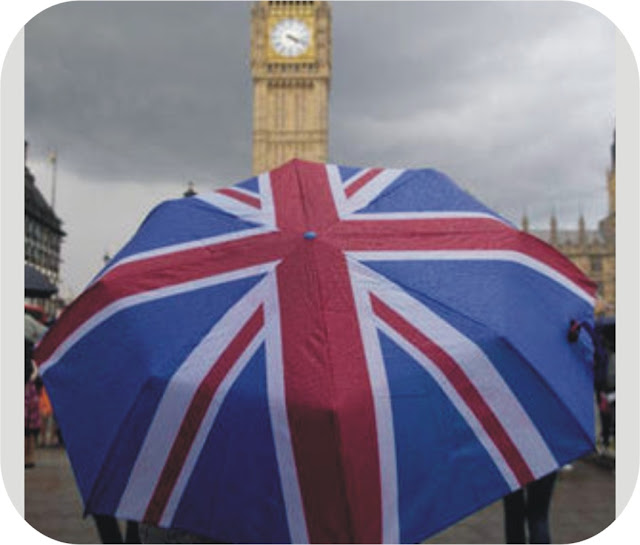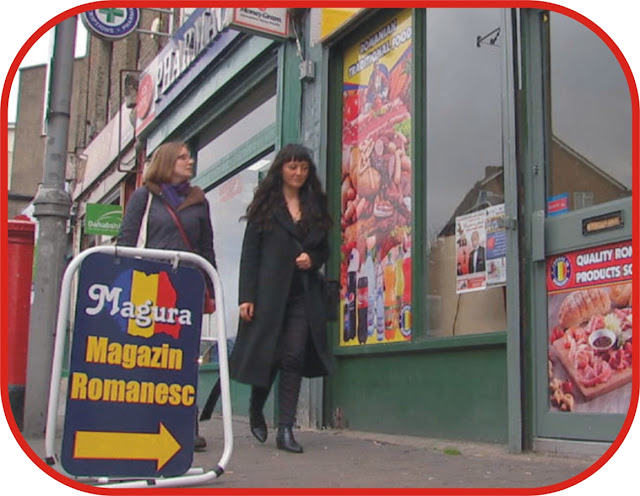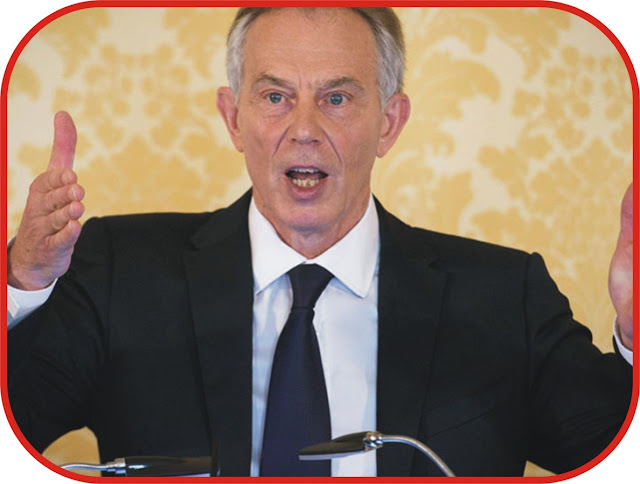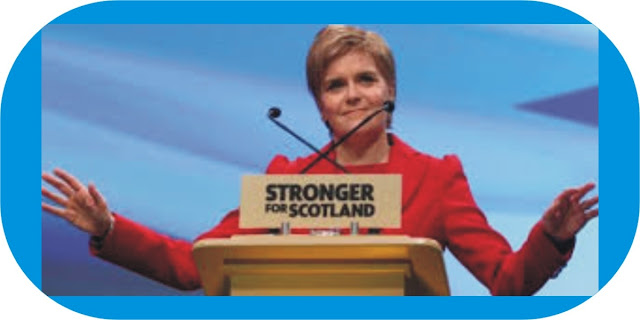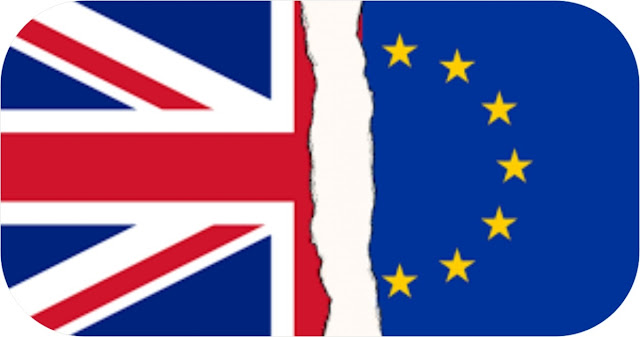Amazingly, a bombshell was dropped on Wednesday by Michael
Barnier the Brexit negotiator as he announced how determined the EU is in
sealing a “unique” trade deal with the UK within the shortest possible time.
Barnier made the announcement as a big surprise to
so many, when he said that such a deal was in the best interest of the EU. His
speech has been tagged by some as the most detailed that any senior Brussels
figure has given on Brexit.
However, his speech never ended without him expressing areas
that he disagreed with Theresa May's declaration that "no deal is better
than a good deal" saying a failure to secure a future economic pact would
be disastrous for both sides.
Also, after making such a promising and friendly speech, the
French politician went on to warn the British Government not to take the EU’s
generosity for granted, saying: "We shall be firm, we shall be friendly, and
we will never be naive."
Most of the perceived tensions that came up after the Brexit
vote were being put under control, as he stressed that eurocrats were not
anticipating the likelihood of Britain falling off a cliff at the end of the
negotiations in two years’ time.
He stated that: "A lack of an agreement, a no deal
scenario, this isn’t what we want. We want an agreement, we want to be
successful, and we’re not just against the British but together with the
British.
"That’s why speaking on behalf of the 27 member states
I can say we want to reach an agreement on an ordered departure of the UK and
lay the ground for a new partnership we will build together with them.
"It’s not too early to sketch out its parameters. At
the heart of that partnership there will be a free trade agreement that we will
negotiate on in due course. That free trade agreement will be sui generis, it
will be unlike any existing one so we need to prepare for that.
"We agree with Theresa May when in her recent speech
she talked of a bold and ambitious free trade agreement. Yes indeed, we can
share ambition. There is no precedent in European history for such a free trade
agreement."
However, he warned the UK there would be no "single
market a la carte" and said: "The best possible relationship for
Britain is a member of the EU and the second best option is a member of the
European Economic Area (EEA). We have a duty to these countries as well."
Speaking further, Mr Barnier also maintained that there is
no effort to "punish" Britain for leaving the club in any way, but
then he said of the plan to hit Britain with a £50 billion exit bill because it
had to honour commitments it had already made.
He said: "Each country must honour its commitments
towards the others. When a country leaves the union there is no punishment,
there is no price to pay to leave.
"But we must settle the accounts - no more, no less. We
will not ask the British to pay a single euro for something they have not
agreed to as a member."
The address delivered by Barnier has for the very first time
made known the unexpected and thorough specifics being incorporated by Brussels
into the EU’s Brexit plans, coupled with the fact that common position has been
agreed by the remaining 27 countries.
Mr Barnier also the EU was fully ready to strike a
reciprocal agreement with the UK, a move which is in line with Theresa May’s
position regarding the future of EU nationals in the UK, and vice-versa. This he
said will be addressed from the very beginning of the negotiation.
Mr Barnier also said that sorting out the situation in
Ireland would be one of his top priorities, reiterating that the EU is
determined not to allow a return to a hard border.
He said: "Brexit will have serious repercussions, human
consequences, economic, social and political consequences. It’s worth bearing
in mind that the lack of agreement will have even more serious repercussions.
"Unity is a first condition in reaching an agreement.
It is of course in our interests but it’s also in the UK interests, and I want
to say this to our British partners, because at the end of the day we both need
a united Europe to reach a deal."
He added: "These negotiations cannot take place in
secret. We will negotiate in a transparent and open manner explaining to
everyone what we are doing. We must also explain objectively what leaving the
European Union means for the country that leaves but also for the other member
states.
"We need to tell the truth and we will tell the truth
to our citizens about what Brexit means."

